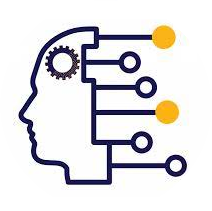

A lot of coopyleft or p2pp projects adopt the license and it’s not discussed that much in the identity of the project.
I personally believe that software freedom shouldn’t come at the expense of people’s freedom, and I consider the FOSS movement a political failure because it’s completely incapable of mediating between the two things. New generations are growing more and more alienated from a movement they consider a relic of the past.
For my projects, I avoid FOSS licenses, but they are also not relevant enough to get insights from them.
































Most people in the field don’t even ask themselves this question. They all have an incentive in believing it works.
There’s a book about it though: https://us.macmillan.com/books/9780374538651/subprimeattentioncrisis